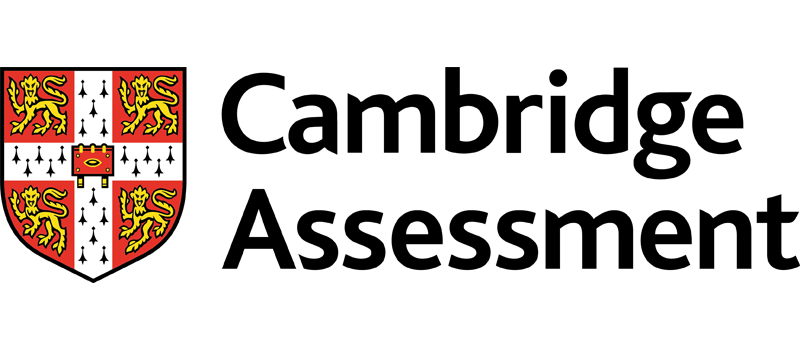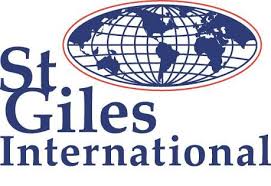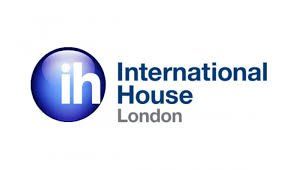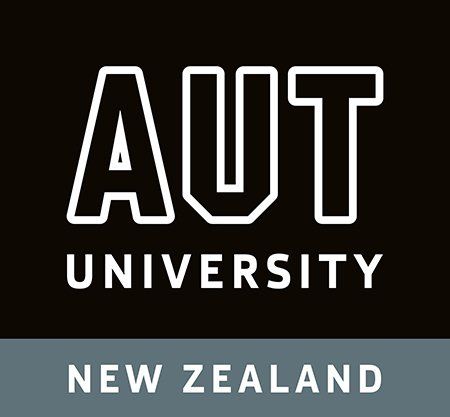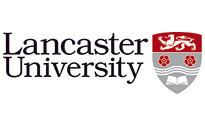Day 1:
Foundations of Time Management
Introduction to Time Management: Understanding the significance and core principles of time management.
Identifying Time Wasters: Analyzing common distractions and ineffective habits that reduce productivity.
Setting SMART Goals: How to set Specific, Measurable, Achievable, Relevant, and Time-bound goals to stay focused.
The Eisenhower Matrix: Prioritizing tasks based on urgency and importance to focus on what truly matters.
Day 2:
Strategies for Boosting Productivity
The Pareto Principle (80/20 Rule): Applying the Pareto Principle to identify high-impact activities and optimize effort.
Task and Project Breakdown: How to break down large tasks into manageable components to increase efficiency.
Time Blocking and Scheduling: Techniques for allocating specific time slots for focused work and reducing multitasking.
Overcoming Procrastination: Strategies to defeat procrastination and maintain motivation through structured planning.
Day 3:
Managing Energy for Optimal Productivity
The Role of Energy Management in Productivity: Identifying the connection between physical and mental energy and productivity.
Workflows and Routine Building: Establishing daily routines that capitalize on peak energy times for greater output.
Mindfulness and Focus: Techniques for improving concentration and mindfulness to remain productive throughout the day.
Avoiding Burnout: How to recognize signs of stress and burnout, and strategies to maintain long-term productivity.
Day 4:
Digital Tools for Time Management
Time Management Apps and Tools: Exploring popular tools such as Trello, Asana, and Microsoft Outlook for task management and tracking.
Automating Repetitive Tasks: How to automate administrative tasks and optimize workflow with tools like Zapier and IFTTT.
Time Tracking and Accountability: How to track time effectively to understand where productivity can be improved.
Collaborative Productivity Tools: Using cloud-based platforms for team collaboration to ensure smooth project execution.
Day 5:
Advanced Productivity Techniques and Course Wrap-Up
Strategic Delegation: How to delegate tasks effectively and increase overall team productivity.
Optimizing Meetings and Communication: Best practices for organizing and leading meetings to ensure time is well spent.
Continuous Improvement: How to assess and refine productivity strategies for long-term success.
Action Plan Development: Creating a personalized action plan for implementing the tools and techniques learned throughout the course.




















